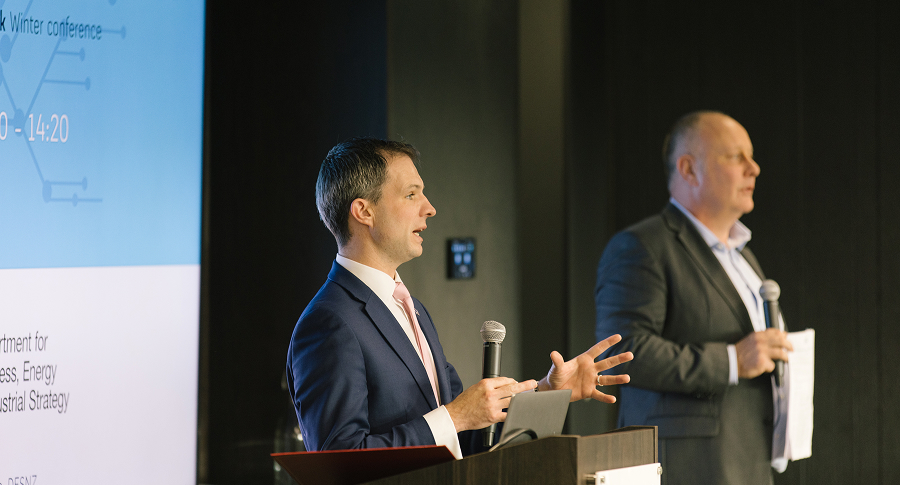Energy Networks Association, in partnership with Regen, has published a new report focused on how electricity and gas network operators can work more closely with local authorities to develop and deliver net zero plans.
Find the full report here.

Energy Networks Association, in partnership with Regen, has published a new report focused on how electricity and gas network operators can work more closely with local authorities to develop and deliver net zero plans.
Find the full report here.

Collaborating for Local Net Zero Planning and Delivery sets out how local authorities and energy networks currently work together to plan and deliver decarbonisation and outlines potential next steps to foster further collaboration. Ofgem's recent decision to introduce Regional Energy Strategic Planners, which will work collaboratively with networks and local authorities on regional plans across Great Britain, brings the need for closer alignment into sharper focus.
"Local authorities are playing a critical leadership role in the transition to a net zero energy system. Many have set ambitious targets to decarbonise their local areas and are now creating plans to meet those targets. Electricity and gas networks, together with Energy Networks Association, recognise the instrumental role that we have in facilitating those plans and ensuring that our forecasts and network plans support local net zero ambitions – in short, collaborating for the energy transition"
Lynne McDonald, UK Power Networks and ENA Industry Working Group Lead
The report identifies seven key areas of interaction between local authorities and networks:
Recognising the need for greater consistency in how the two collaborate, the report explores the roles and responsibilities of local authorities and networks at each of the seven interactions and how early and consistent engagement can support better shared planning and cooperation. It also sets out recommendations for industry to take forward which seek to improve collaboration, strengthen the capacity and capability of local authorities and networks, and identify new ways to innovate and change together in a consistent way.
More than 30 local authorities from across the UK fed into the report across a series of workshops and interviews about how they engage with their networks, the results of which form the basis of the report's conclusions and recommendations.
Sign up to receive our monthly newsletter containing industry insights, our latest research and upcoming events.